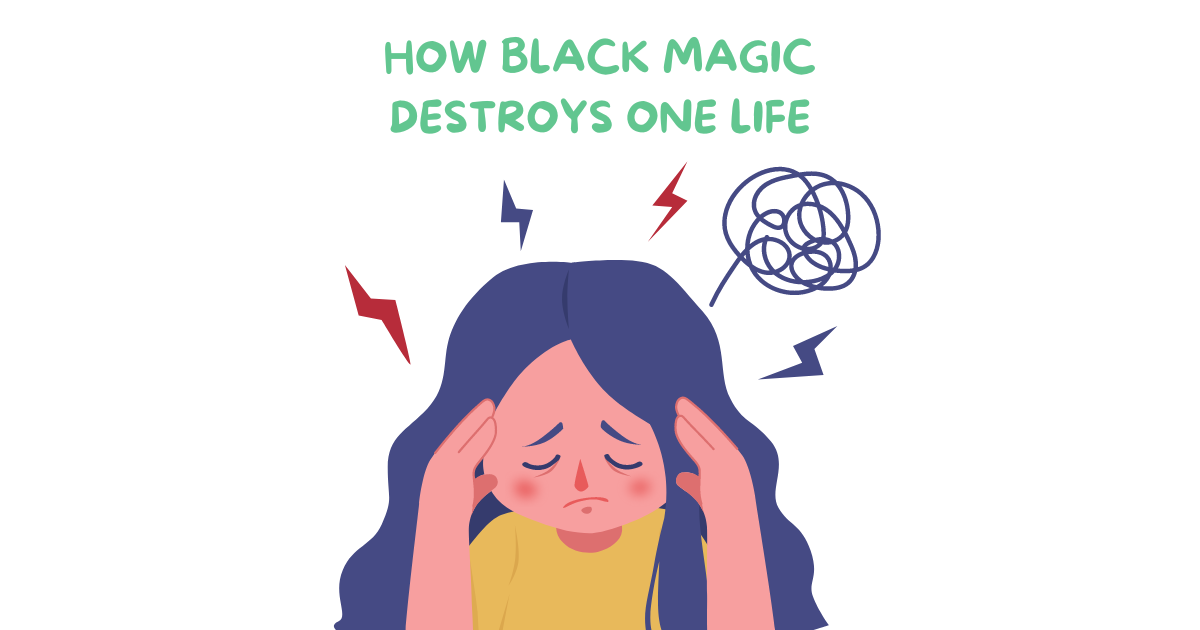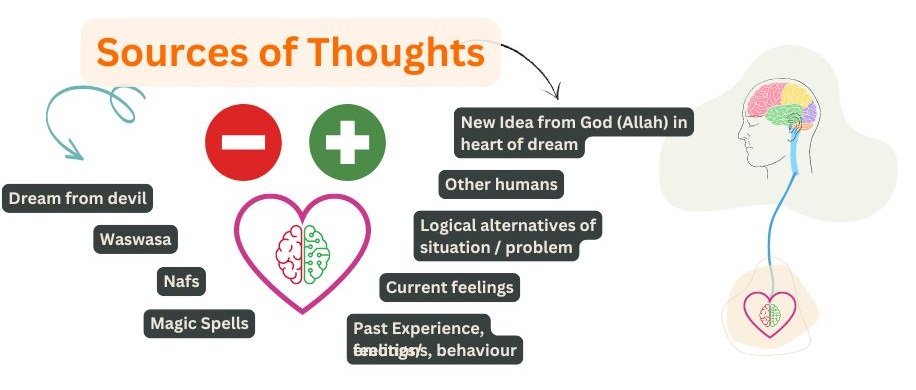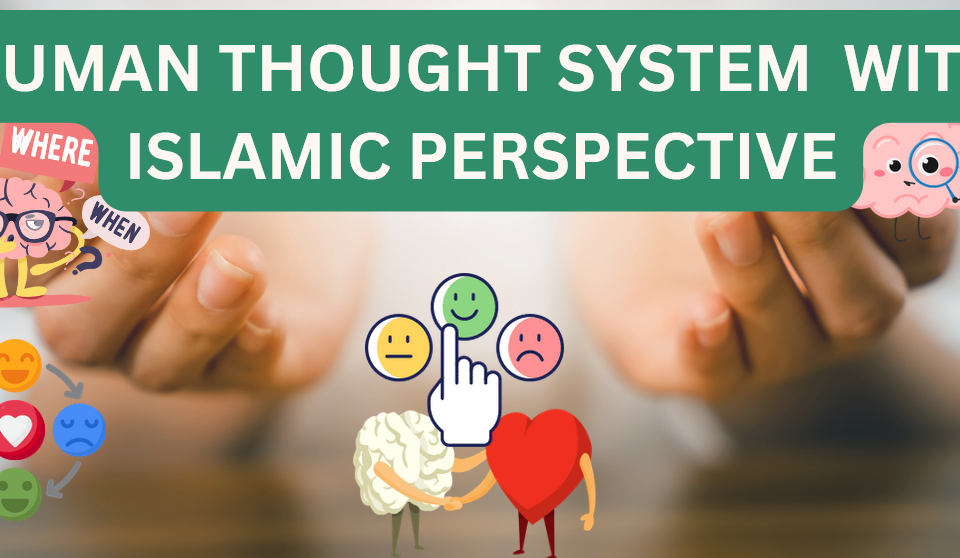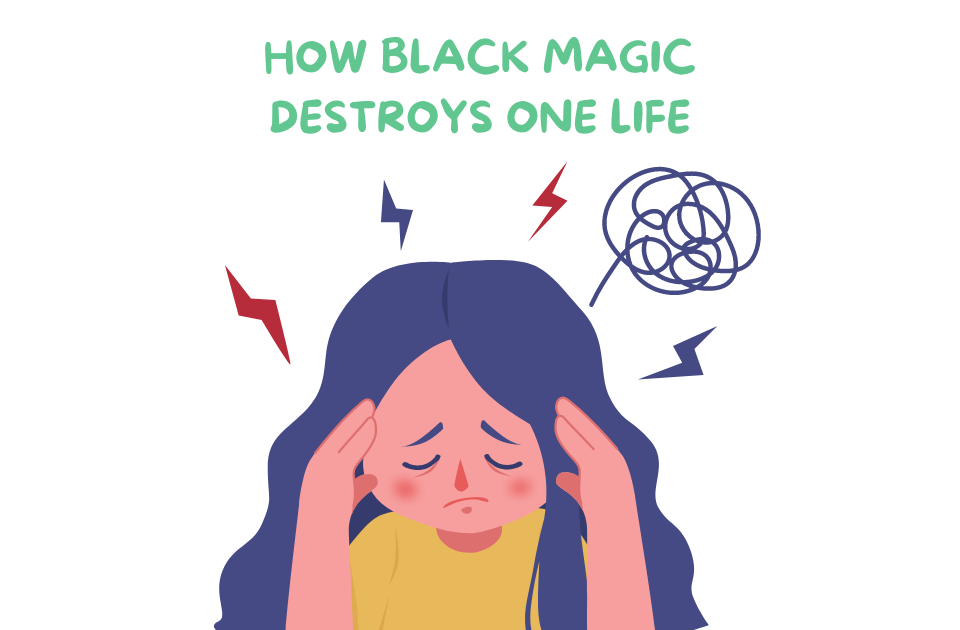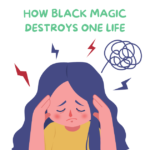
Template_Blog_2024-09_01
2024-09-02
What Intrusive Thoughts are and When They are Normal and Abnormal
2024-09-24Obsessive Compulsive Disorder (OCD)
Summary:
Obsessive-compulsive disorder (OCD) is a mental health condition in which you have frequent unwanted thoughts that cause you to perform repetitive behaviours. This can have a profound negative effect on a persons day-to-day life.
If you feel you have symptoms of OCD, the sooner OCD is diagnosed and treated, the better for you
On this Page:
OCD is considered the fourth most common mental disorder (National Institute for Health and Clinical Excellence, 2006). World Health Organization’s 2001 mental health report mentions Obsessive Compulsive Disorder as one of the top 10 causes of disability in the world
Traditionally treatment for OCD usually involves most commonly psychotherapy (coping mechanism to avoid taking action over repeated thoughts) and medication based on clinical observations and western medical point of views, however at Ruqyah.Help we have a different point of view of the root cause of OCD and its treatment. In this article we are looking at OCD from both western medical (DSM-5) and Islamic point of view and emphasis on its root cause and how it can be cured through Ruqyah at Ruqyah.Help.
Note: On average, ERP (CBT) will require around 12-16 weeks of treatment. Each session typically lasts from 90 to 120 min and they are typically carried out weekly.
Before we dig deeper into this topic we must understand that the root cause of OCD is the intrusive obsessive thoughts, which triggers the process. So the question is where these thoughts come from ?
Note: it is important to note that intrusive thoughts don’t reflect a person’s true character or values; nevertheless, they can induce extreme distress and disrupt daily activities.
.

What are Intrusive Thoughts ?
Intrusive thoughts are unwanted, distressing, thoughts and images that appear in a person’s mind without their control or consent and can be:
Impulsive thoughts, or
Obsessive thoughts
Intrusive thoughts can be:
Violent (Homicidal thoughts, Cursing someone)
Persistent thoughts of self-harm
Doubts about events occurring or about a person’s relationship
Negative or self-doubt thoughts
Health-related thoughts
Sexual thoughts (of forbidden nature) and even Questioning one’s sexuality
Death or suicidal thoughts
Religious thoughts (Blasphemous in nature)
Public humiliation thoughts
Death or suicidal thoughts
Thoughts about the safety of yourself and loved ones
Trauma-related thoughts
Bizarre, weird, or paranoid thoughts
Blasphemous in nature and can cause feelings of shame, guilt, and anxiety.
Impulsive thoughts (General waswasah or waswâs)
Impulsive thoughts are those out-of-the-blue notions or urges that can push us into snap decisions, often without weighing the outcomes first. They have various roots, like stress or anxiety, and can be sparked by things around us or the emotions inside us.
Obsessive thoughts
Obsessions are repeated / sticky thoughts, urges, or mental images that are intrusive, unwanted that often feel hard to reel in. They kind of feel like they’re stuck in your head. Usually, you can ignore it and move on. But sometimes, it just keeps popping right back up.
They’re usually harmless. But if you obsess about them so much that they interrupt your day-to-day life, this can be a sign of a mental health problem (OCD).

Sources of Obsessive Intrusive Thoughts from Islamic Perspective:
Humans have various sources of thought, as shown below in the picture. Your current feelings and emotions can be from current experience (what you see, hear and feel), or past experiences, a thought implanted by other or logical conclusions of a situation or problem. From an Islamic perspective, the type of thoughts (waswâs (whispering)) which tempts a person to listen to or look at islamically haram (unlawful) things or to commit immoral actions, and makes such things appear attractive to him, comes from three sources; comes from three sources:
The part of Nafs or inner-self (which is inclined to evil) – waswâs (whispering)
The devils among the jinn (demons / evil spirits / satan / shaytan), waswâs (whispering)
The devils among mankind/humans – hearing, feeling, seeing
Types of obsessive thoughts | Sources of obsessive thoughts | Treatment | |
1 | Waswâs & Waswâs al-Qahri | Devil / Satan / Shaytan / Demons / Jinn | Ruqyah |
2 | Magic Spell | Devil / Satan / Shaytan / Demons / Jinn | Ruqyah |
3 | Dreams from devil / Satan / Shaytan / Demons | Devil / Satan / Shaytan / Demons / Jinn | Ruqyah |
4 | Waswâs al-Nafs | Nafs | |
5 | Traumatic event | Unwanted, distressing memories of a traumatic event that come back over and over again. | CBT for PTSD, with islamic point of view |
Intrusive Thoughts (waswas) from Islamic Perspective
From islamic perspective Waswâs (whispering) comes from Devil / Satan / Shaytan / Demons / Jinn are of two types:
Waswâs – General whisperings
Waswâs al-Qahri – Excessive or Overwhelming whisperings
The Islamic theology of satan misleading humans originates from the story of creation of man and satan (Iblis) misleading Adam (a.s). This same story is mentioned in the three Abrahamic faiths: Judaism, Christianity, and Islam (the last and final Abrahamic monotheistic religion).
According to the Quranic version of events (4:118-122), when Adam and Eve disobeyed God by listening to Satan, they were sent from Heaven to Earth. God eventually forgave them, but they had to continue living on Earth where Satan would try to mislead mankind until the Day of Judgment through his whispering. Those who are successful in not listening to Satan will be able to return to Heaven by God’s Mercy.
General waswasah or waswâs
Within the Islamic tradition mild and occasional intrusive thoughts are part of the normal human experience, general waswasah or waswâs. Common examples of everyday waswasah can include jealousy (intrusive thoughts about something a person wants but can’t have), lust (having intrusive thoughts about desiring someone that a person can’t be with), doubts about major life decisions and conflicting thoughts about doing the right or wrong thing. International studies estimate that about 94% of the human population worldwide experience intrusive thoughts.
General waswasah or waswâs must be differentiated from the type of waswasah that is overwhelming and regarded as mental illness
Waswâs al-qahri – excessive or overwhelming thoughts
Waswasah that is excessive or overwhelming beyond the average human experience is called waswâs al-qahri (plural). A person who experiences waswâs al-qahri doesn’t necessarily have a mental illness, but may, if he or she meets the criteria established by the DSM-V. Waswâs al-qahri reaches the diagnosis of Obsessive Compulsive Disorder (OCD) when it meets the following criteria outlined by the DSM-V.
NOTE:
The Arabic term for this condition is “waswâs al-qahri”, “overwhelming whispers”.
The Diagnostic and Statistical Manual of Mental Illnesses is the latest edition of the American Psychiatric Association’s professional reference book on mental health and brain-related conditions; also known as the DSM-5 / or DSM-V
OCD Cycle (waswâs al-qahri)
The four stages of the OCD cycle include:
Obsessions
Anxiety
Compulsions
Temporary relief
Obsession: Obsessive-compulsive disorder (OCD) features a pattern of unwanted thoughts, image, or urge and fears known as obsessions. Common obsessions include fears of contamination, doubts about safety, or concerns about harming oneself or others
Anxiety: The presence of obsessions triggers intense anxiety or fear.
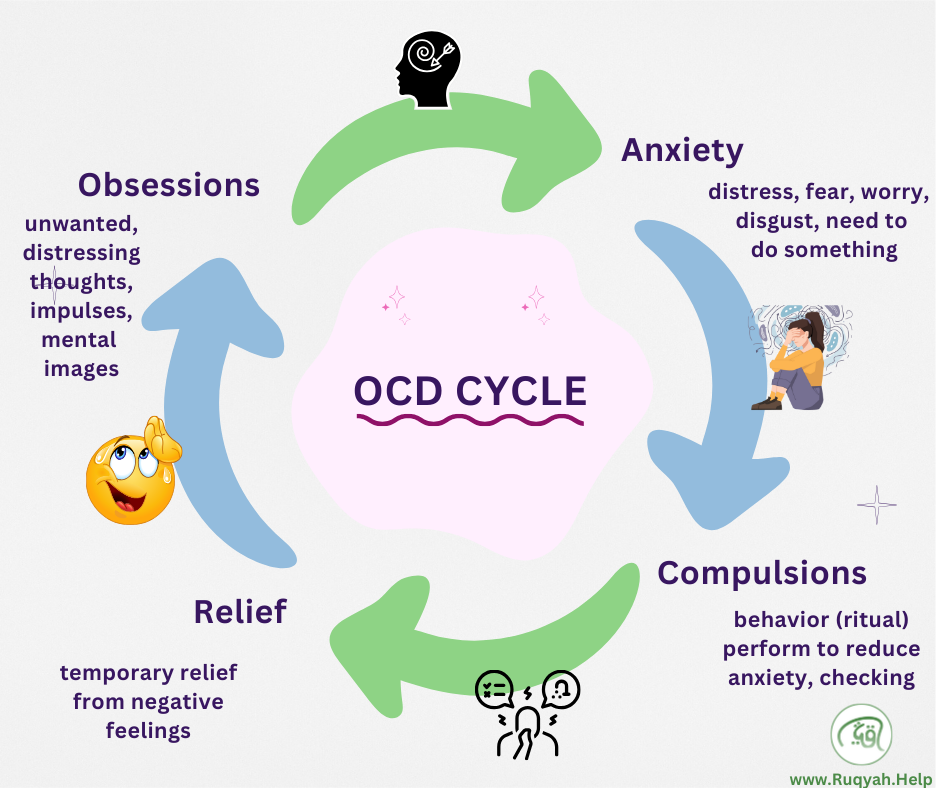
Compulsion: These obsessions lead you to do repetitive behaviors, also called compulsions. These obsessions and compulsions get in the way of daily activities and cause a lot of distress. Examples include excessive hand washing, checking, counting, or seeking reassurance.
Temporary relief: Ultimately, you feel driven to do compulsive acts to ease your stress. The compulsions provide short-lived relief, reinforcing the person’s belief that performing the compulsive behaviors is necessary to prevent harm or alleviate anxiety. The cycle then repeats, stronger than before.
Even if you try to ignore or get rid of bothersome thoughts or urges, they keep coming back. This leads you to act based on ritual. This is the vicious cycle of OCD.
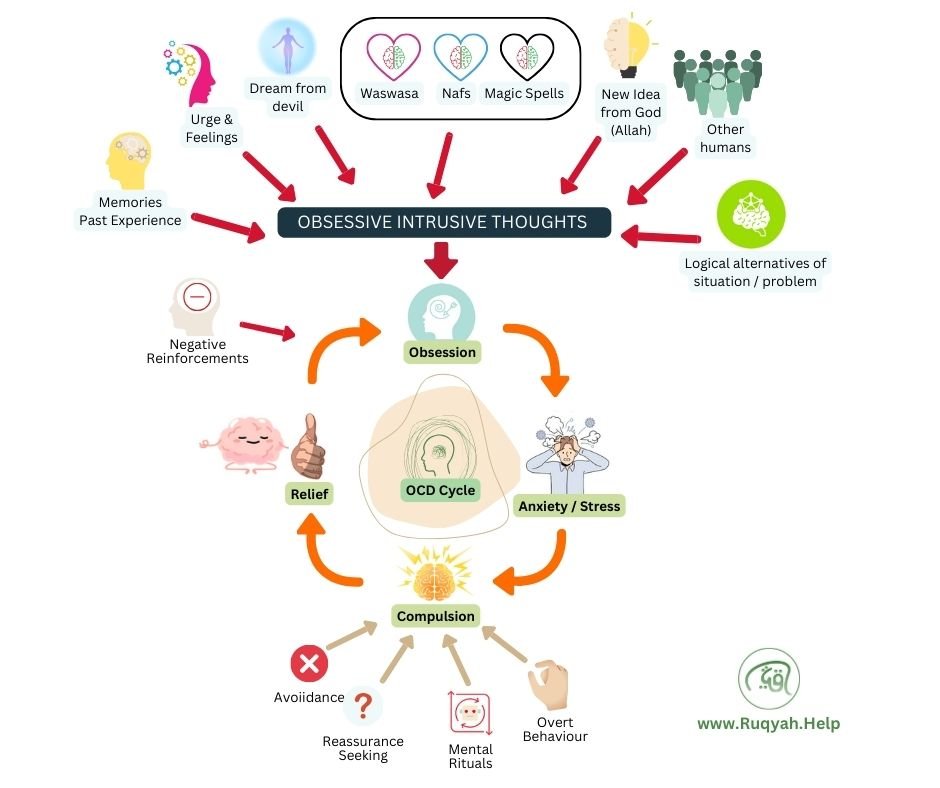 Obsessive Intrusive Thoughts Complete Cycle with Thoughts Source[/caption]
Obsessive Intrusive Thoughts Complete Cycle with Thoughts Source[/caption]
Categorization of Waswâs al-Qahri
Islamic scholars have classified waswās(وَسْوَاس) into four (4) categories or Types.
Type of waswās(وَسْوَاس) | ||
Type of waswās(وَسْوَاس) In Arabic | Type of waswās(وَسْوَاس) In English | |
1 | Waswâs al-Qahri Fee Aqeedah وسواس القهري في العقيدة | Waswâs of Belief or Religious Scrupulosity |
2 | Waswâs al-Qahri Fee Ibadah وسواس القاهري في عبادة | Waswâs of Worship/ religious rituals |
3 | Waswâs al-Qahri Fee Taharah وسواس القاهري في الطهارة | Waswâs of Purification |
4 | Waswâs al-Qahri Fee Kwaf Min Fuqdan al Saytara وسواس القاهري في كواف من فقدان سيطرة | Waswâs of Fear of Losing control |
Waswâs al-Qahri Fee Aqeedah (Waswâs of Belief) / Religious scrupulosity
Obsession: Common obsessions seen in scrupulosity include excessive concerns about:
Blasphemous thoughts.
Doubting the religion.
Questions about God’s existence.
Fear of losing touch with God.
Retrospectives memories.
Doubts that one had committed major sins in the past.
Excessive concern with halal (legal) and haram (forbidden) or right/wrong or morality.
Fear of committing blasphemy, or offending/angering God
Fear of having committed a sin
Behaving overly morally
Excessively striving for purity
Fear of going to hell or being punished by God
Fear of being possessed
Fear of death
Fear of the loss of impulse control
Doubting what you truly believe or feel
Needing to acquire certainty about religious beliefs
Compulsions:
Excessive praying (not prescribed or recommended) to counter blasphemous or sacrilegious thoughts that could result in going to hell.
Compulsive behaviours in general.
Waswâs al-Qahri Fee Ibadah (Waswâs of Worship)
Obsession: Common obsessions seen in scrupulosity include excessive concerns about:
Doubt whether I performed the prayer correctly or not.
Intrusive images during prayer or reciting Qur’an.
Fear of having sinned or broken a religious ritual.
Prayers have been recited incorrectly
Compulsions:
Re-performing prayer to achieve perfection.
Doing extra prostrations (Sajda e Sahw) in every prayer.
Excessive, repetitive utterances of God’s forgiveness.
Re-reading passages from the Qur’an to attain perfection.
Waswâs al-Qahri Fee Taharah (Waswâs of Purification)
Obsession: Common obsessions seen in paswâs of purification include excessive concerns about:
Fear of contamination with dirt or germs.
Doubt whether I performed ablution correctly or not.
Fear of impurities when doing ablution and while performing prayer.
Irrational fear and constant feeling that my clothes are unclean.
Doubts of passing wind, and nullification of ablution
Fear of contamination with body fluids (examples: urine, faeces).
Compulsions:
Washing hands excessively or in a certain method not prescribed.
Excessive showering, bathing, tooth brushing, grooming or toilet routines.
Performing ablution several times.
Taking a lot of time doing ablution.
Spending too much time on all purification/washing activities, e.g. washing hands after meal.
Protecting religious symbols, ornaments, books, or pictures from ‘contamination.’
Doing other things to prevent or remove contact with contaminants.
Waswâs al-Qahri Fee Taharah (Waswâs of Purification)
Obsession: Common obsessions seen in paswâs of purification include excessive concerns about:
Fear of contamination with dirt or germs.
Doubt whether I performed ablution correctly or not.
Fear of impurities when doing ablution and while performing prayer.
Irrational fear and constant feeling that my clothes are unclean.
Doubts of passing wind, and nullification of ablution
Fear of contamination with body fluids (examples: urine, faeces).
Compulsions:
Washing hands excessively or in a certain method not prescribed.
Excessive showering, bathing, tooth brushing, grooming or toilet routines.
Performing ablution several times.
Taking a lot of time doing ablution.
Spending too much time on all purification/washing activities, e.g. washing hands after meal.
Protecting religious symbols, ornaments, books, or pictures from ‘contamination.’
Doing other things to prevent or remove contact with contaminants.
Waswâs al-Qahri Fee Kwaf Min Fuqdan al Saytara (Waswâs of Fear of losing control)
Obsession: Common obsessions seen in anxious thoughts about losing control include excessive concerns about:
Fear of acting on an impulse to self-harm.
Fear of acting on an impulse to harm others.
Fear of violent or horrific images in one’s mind.
Fear of obscenities in one’s mind. Fear of doubts and uncertainty.
Compulsions:
Excessive checking that you did not/will not harm others.
Excessive checking that you did not/will not self-harm.
Excessive checking that nothing terrible happened or some arbitrary worship has not been performed.
Excessive checking that you did not make a mistake, error or commit a sin.
Excessive checking of number of sins committed.
- OCD and Tic Disorder
Some people with OCD also have a tic disorder involving repetitive movements or sounds. Motor tics are sudden, brief, repetitive movements, such as eye blinking and other eye movements, facial grimacing, shoulder shrugging, and head or shoulder jerking. Vocal tics include things like repetitive throat-clearing, sniffing, or grunting sounds. It is common for people with OCD to also have a diagnosed mood disorder or anxiety disorder.
OCD with PTSD (TRAUMA-RELATED)
It is a subtype of obsessive-compulsive disorder that occurs after an individual experiences a traumatic event such as exposure to actual or threatened death, serious injury, sexual violence, physical or emotional abuse, accidents, or natural disasters. The disorder is characterized by the development of intrusive, unwanted, and distressing thoughts about the traumatic event. These thoughts can be persistent and overwhelming, and sufferers often feel unable to escape them. The person with trauma OCD may also feel the need to perform compulsive behaviours as a way of coping with the anxiety triggered by their thoughts.
It is important to note that not everyone who experiences a traumatic event will develop trauma OCD.
How intrusive dreams can affect your waking (day-to-day) life?
Anyone can have intrusive dreams, For most people, shrugging off an utterly bizarre dream like this one is easy. Like an intrusive thought, a dream—even a distressing one—can be dismissed by most. But with OCD patients these dreams are consistent and repetitive. The dreams can be impure, weird, disgusting dreams, disturbing, frightening, making one guilty conscious etc.
For OCD patients, these dreams can be intensely worrying, triggering fears about what they mean, what they say about a person’s identity or values, and whether they could be connected to other distressing, intrusive thoughts in daily life.
Intrusive dreams can have profound psychological and emotional consequences for people with OCD. Upon waking, the residual anxiety, fear, and distress from the dreams can linger, impacting their emotional well-being in day-to-day life.
Intrusive dreams can amplify existing obsessive thoughts and increase overall anxiety levels. The disruption caused by these dreams can lead to heightened stress, irritability, and difficulty regulating emotions. People may experience a persistent sense of unease, apprehension, or foreboding, undermining their overall quality of life.
How does OCD affect your waking (day-to-day) life?
Psychiatrists think there’s no sure way to prevent obsessive-compulsive disorder. However, getting treated as soon as possible may help keep OCD from getting worse and disrupting activities and your daily routine.
However at Ruqyah.Help we believe it’s treatable and one can get his life balance back to normal, because the root cause of this is devilish-whisperings (Arabic: waswās وَسْوَاس) and are a kind of devil / jinn possession.
Listed below are common issues observed in people suffering from obsessive-compulsive:
Compulsions and obsessions may take up many hours of a person’s day to day life and can interfere with family and social relationships.
As OCD becomes more severe, ‘avoidance’ may become an increasing problem. The person may avoid anything that might trigger their obsessive fears.
They can also have a negative effect on education and employment.
Make it difficult for people to perform everyday activities like eating, drinking, shopping or reading.
Health issues, such as contact dermatitis from frequent hand-washing.
Having a hard time taking part in social activities.
Poor quality of life.
Thoughts about suicide and behavior related to suicide.
People with OCD are often acutely embarrassed about their symptoms and will put great effort into hiding them. Before the disorder is identified and treated, families may become deeply involved in the sufferer’s rituals, which can cause distress and disruption to family members
Cheer Up & Relax:
In Islam we are not accountable for our cognitions: thoughts and feelings. Why? Because we can hardly control them. Thoughts of any nature may pop up in our minds constantly, and feelings follow them instantly.
But we are not accountable for them until we act upon these thoughts and feelings, either verbally or through our behavior.
So, if a thought of kufr or shirk appears in your mind, you are not a disbeliever until you actually act upon this thought or say it.
The above is good for general Waswasa
How to overcome normal Intrusive Thoughts (waswasa)
At the end of the day, most intrusive thoughts are just thoughts. They’re not a red flag or a signal that you actually want to do those disturbing things. If they bother you, you can take steps to cut down on their frequency and intensity.
Guidelines for action:
Recognize and label them for what they are — intrusive thoughts that you can’t control.
Just let them stay, instead of trying to push them away.
Accept that they will pass eventually.
Give yourself time for them to fade away.
Prepare yourself for unwanted thoughts to come back.
Continue to do whatever you were doing when the intrusive thoughts flooded your head.
Red flags to avoid:
Act or engage with these random, repetitive thoughts.
Try to question why you’re having them in the first place.
Look for meaning behind them.
Try to stop them. If you do this, you may fixate more on them.an
This can be hard to do. But over time, being less sensitive to intrusive thoughts can reduce the emotional effect they may have on you. It also helps you feel more in control of them.
However if you feel they are overwhelming and you feel helpless it’s a red flag. You need a diagnosis for OCD. However there is no test for OCD.
A healthcare provider makes the diagnosis after asking you about your symptoms and medical and mental health history. Providers use criteria explained in the Diagnostic and Statistical Manual of Mental Disorders, 5th Edition (DSM-V) to diagnose OCD.
The criteria include:
Having obsessions, compulsions or both.
The obsessions or compulsions take up a lot of time (more than an hour per day).
The obsessions or compulsions cause distress or affect your participation in social activities, work responsibilities or other life events.
The symptoms aren’t caused by substances, alcohol, medications or another medical condition.
The symptoms aren’t explained by a different mental health condition, such as generalised anxiety disorder, eating disorder or body image disorder.
Treatment of General Waswasa
A person who is enriched with the dignity of religion and wealth of iman he has waswas as the moth flock around the light and the thief steals where there is wealth. Hence you should not be worried about it and do not feel tense.
Remembering Allah a great deal,
reciting Quran,
Perform your taharah,
Namaz,
Fast as per the Shariah ruling,
Focusing on righteous deeds, both outwardly and inwardly.
And if an evil whisper from Shaitan (Satan) tries to turn you away, then seek refuge in Allah. Verily, He is the All-Hearer, the All-Knower. (The Quran, 41:36)
Treatment of OCD / Waswasa al-Qahri.
Incase you are diagnosed with OCD. We recommend two things:
Ruqyah from Ruqyah.Help
Psychotherapy
Relax and Seek a Remedy from Ruqyah.Help
You should not worry or be consumed by guilt. You have a condition, and Allah is all knowing. Allah has provided us with means to get it fixed. Please bear in mind that it may take time for the issues to go, and that is a test by which you will draw closer to Allah if you show the appropriate response
Allah is the most forgiving as mentioned in the Quran.
- Will they not turn to Allah and ask His forgiveness? For Allah is Forgiving, Merciful. (5: 74)
- I am Forgiving to those who repent and believe and do good, and afterward follow right guidance. (20: 82)
- O My servants who have transgressed against their souls! Do not despair of Allah’s mercy, for Allah forgives all sins. He is Forgiving, Most Merciful. (39: 53)

